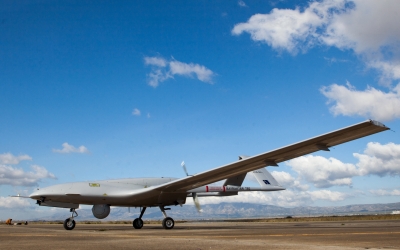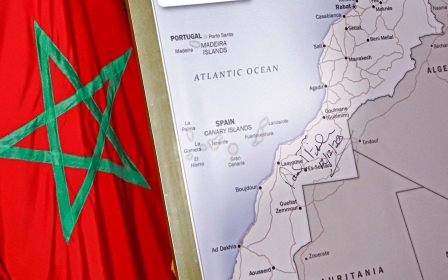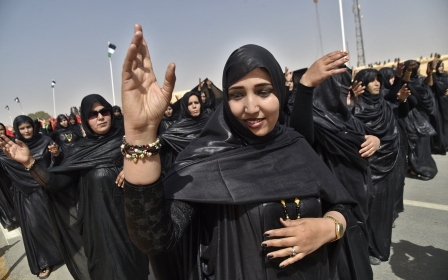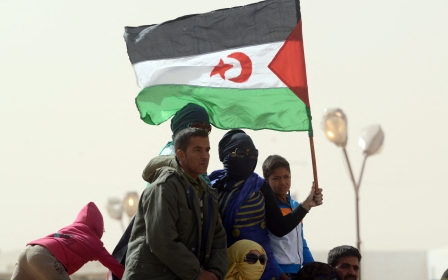Western Sahara: Court annuls EU deals with Morocco over disputed territory
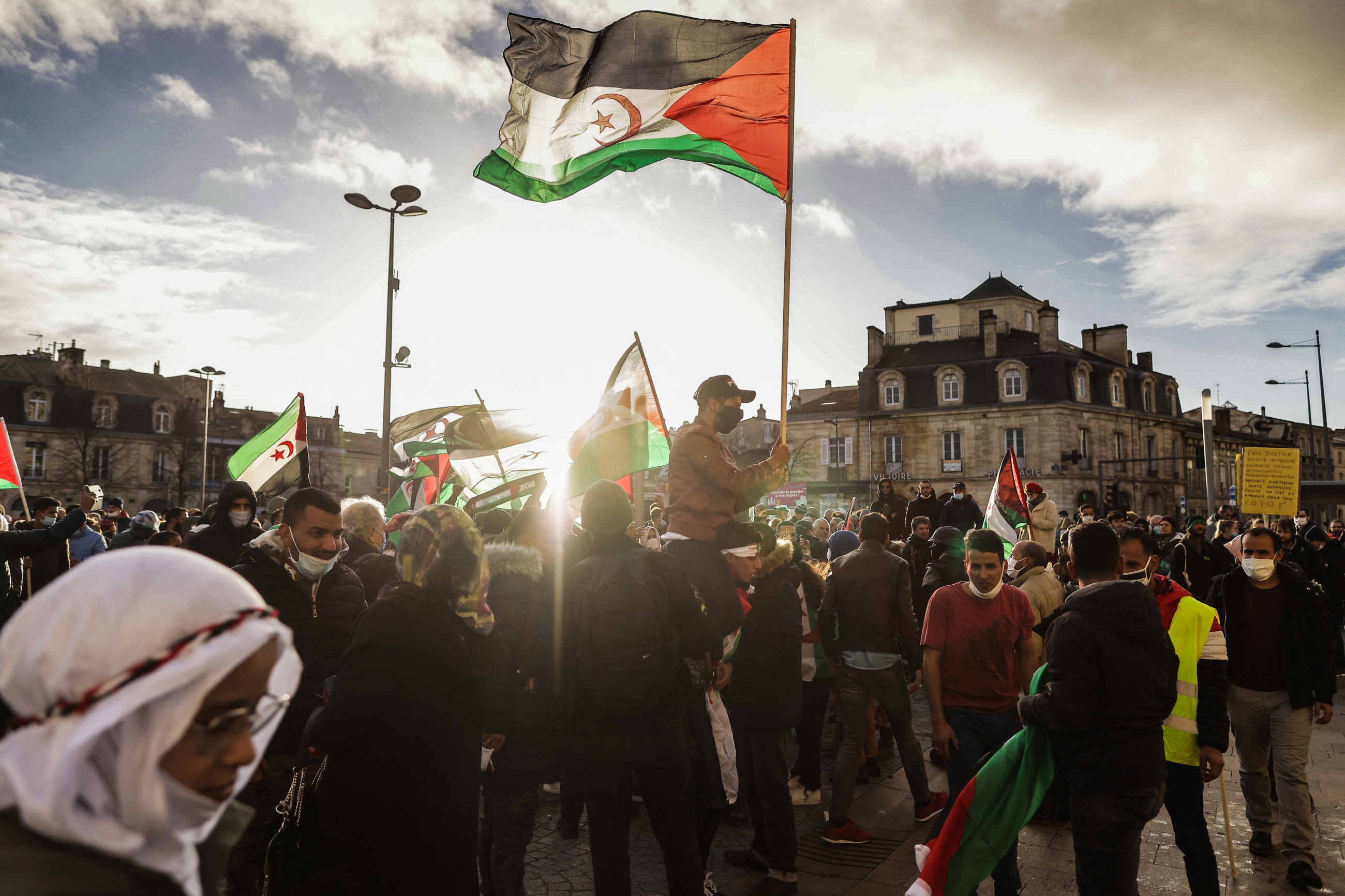
The European Court of Justice has annulled a deal between the European Union (EU) and Morocco following a case brought by Western Sahara's independence movement, Polisario Front.
The ruling refers to a free trade and agricultural products agreement signed by Rabat and the EU, and to a fishing agreement endorsed by both parties in 2019.
New MEE newsletter: Jerusalem Dispatch
Sign up to get the latest insights and analysis on Israel-Palestine, alongside Turkey Unpacked and other MEE newsletters
Both agreements treated the disputed territory of Western Sahara as a part of the Kingdom of Morocco.
This has meant that products from the territory - and from the waters off the coast of Western Sahara - were included in the free trade deal, meaning European states could partner with Morocco to extract resources from Western Sahara.
The European Court of Justice has found this to be in contravention of international law and has reiterated that Western Sahara cannot be treated as a part of Morocco in any deal between the North African kingdom and the EU.
'Important legal victory'
Polisario, the Saharawi independence movement, heralded the decision. A spokesperson told Middle East Eye it was an “important legal victory”, and pointed out that the United Kingdom’s separate trade deal with Morocco was also based on the same - now illegitimate - grounds.
Polisario said that similar judgements were made in 2016 and 2018, albeit this is a “stronger worded” ruling.
Sidi Breika, a Polisario representative, called on the British government to adhere to rulings by the UK High Court and the EU Court of Justice on Western Sahara.
The annulment reaffirms that Morocco and Western Sahara, whose natural resources belong to Sahrawis, are two separate territories, he said.
'We say enough to 'smart thieves with clean gloves' who benefit from resources of an illegally occupied territories'
- Sidi Breika, Polisario representative
"We say enough to 'smart thieves with clean gloves' who benefit from resources from illegally occupied territories," Breika told MEE.
"Trade should be based on justice, human rights and respect and we expect the UK government to realise that EU-Morocco agreements were a simply a theft, so the UK should not follow such human rights violations"
Ahmed Ettanji, a Sahrawi activist and journalist with Equipe Media, also hailed the decision as a "victory of the justice and the law".
“I hope it’s going to be the first step to end the illegal EU member states involvement in the stealing of our natural resources, and we hope this will push the EU to be part of ending the suffering of the people in occupied Western Sahara,” he told MEE.
Chi-Chi Shi, a senior campaigner for militarism and security at the London-based NGO War on Want, called the ruling "a significant victory" for the Saharawi people.
"Morocco has maintained an illegal, brutally repressive occupation in Western Sahara for 46 years, denying the rights of the indigenous Saharawi people and plundering their natural resources," Shi said.
During this time, she said, Morocco has profited through the lucrative trade of fish and phosphates, and EU states and the UK have been complicit by including Western Sahara in trade deals.
"Now, EU states have a legal duty to stop normalising, entrenching, and profiting from the occupation. The UK government should take note: UK companies continue to profit from Morocco’s occupation," she said.
The ECJ has said that its ruling will not yet be applied in practice.
This was the case with the two previous rulings, with the EU continuing to treat Western Sahara as a part of Morocco.
The territory of Western Sahara is a former Spanish colony and it has been disputed since the Spanish left in 1976, with Polisario fighting a war with Morocco between then and 1991 when the United Nations promised a referendum on independence, which never materialised.
Polisario is supported by Morocco’s rival and neighbour, Algeria.
Middle East Eye delivers independent and unrivalled coverage and analysis of the Middle East, North Africa and beyond. To learn more about republishing this content and the associated fees, please fill out this form. More about MEE can be found here.


